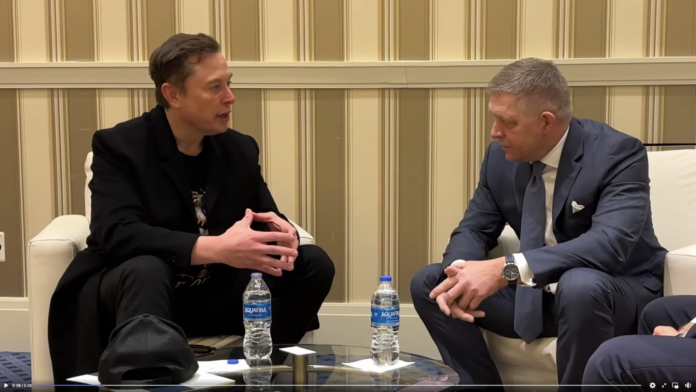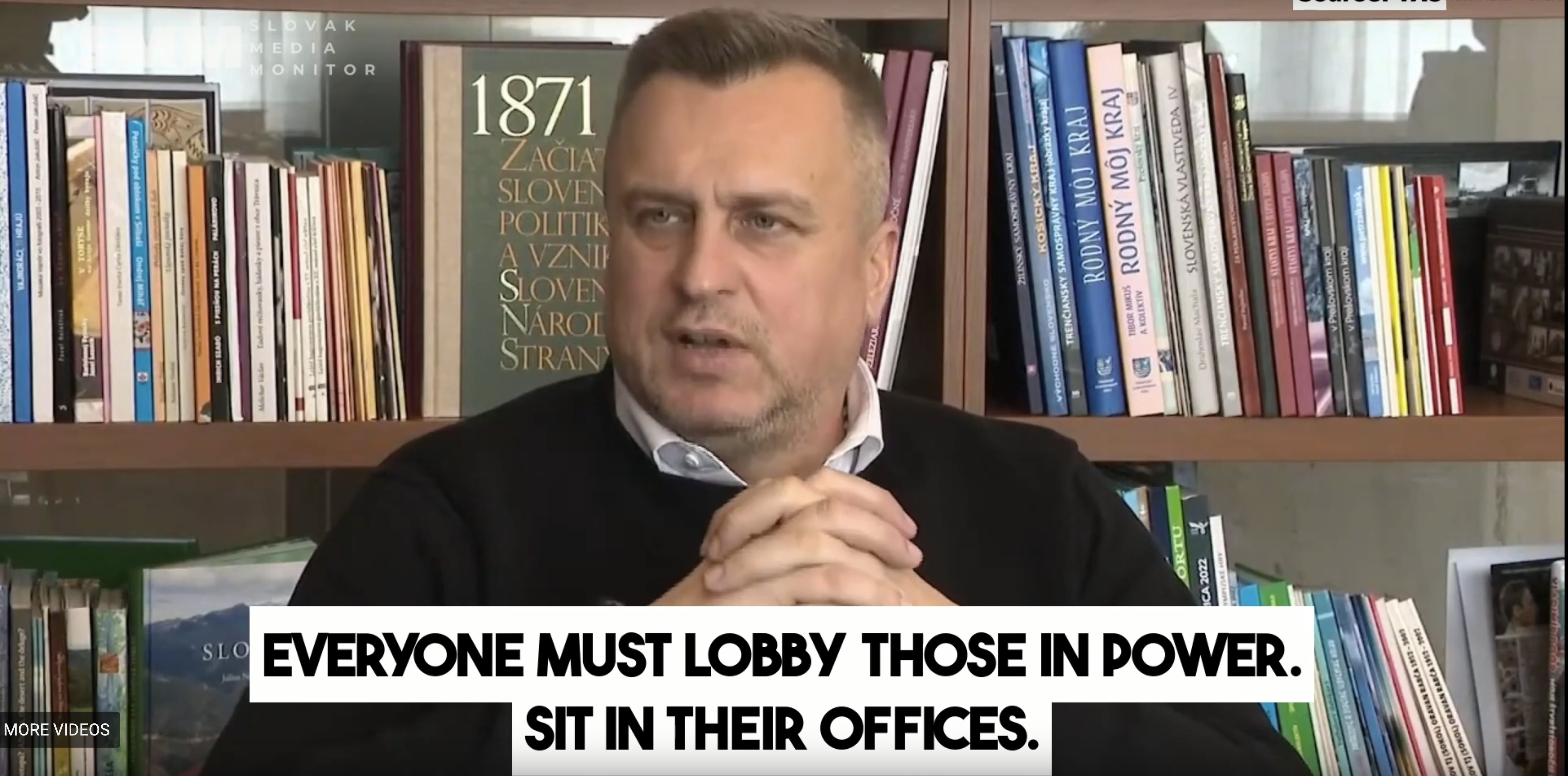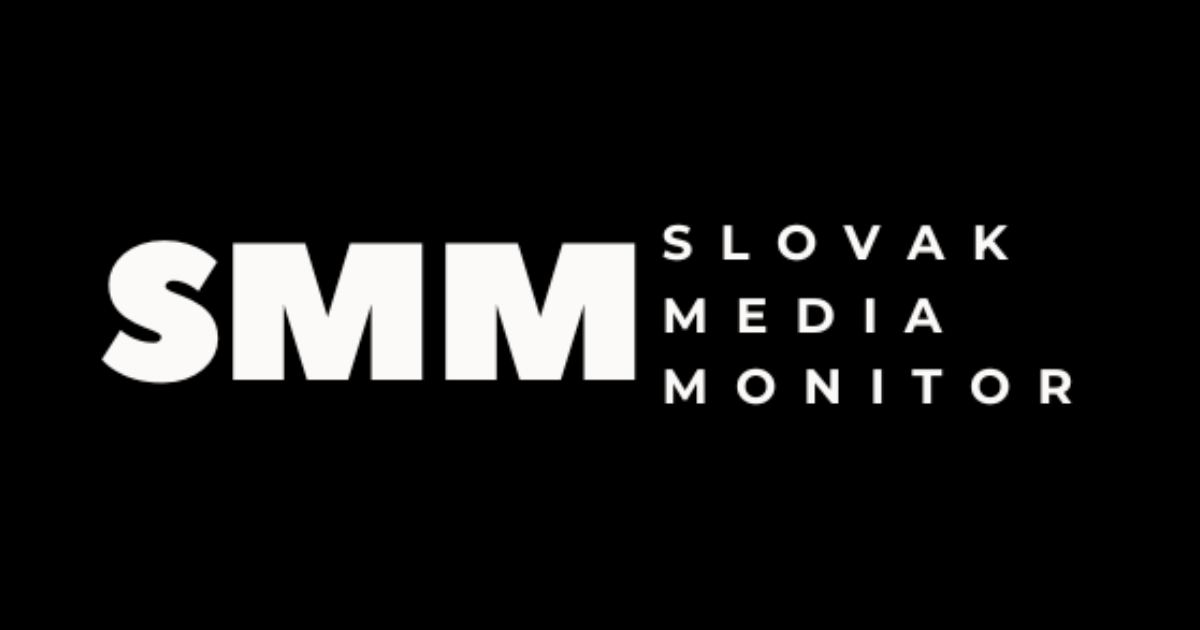Slovak Prime Minister Robert Fico is currently in the United States to attend the Conservative Political Action Conference (CPAC), where he is scheduled to deliver a speech in the evening hours of 21 February, CET. Ahead of his appearance, Fico held a high-profile meeting with billionaire entrepreneur Elon Musk, discussing issues ranging from U.S. aid to potential intelligence cooperation. He has also pledged to use his time at the conference to engage with other political leaders, signalling a broader effort to reshape Slovakia’s international alliances and diplomatic priorities.
Fico’s assertion that the USAID agency had funded “anti-government” media and NGOs reflects his ongoing antagonism toward civil society and independent journalism. His claim, allegedly supported by Musk, that the new U.S. administration would cease financing entities involved in Slovakia’s domestic affairs aligns with Fico’s broader efforts to weaken the influence of democratic institutions and civic activism.
However, this move could have far-reaching implications. USAID’s primary function is to promote democratic governance and development, not interfere in national sovereignty. By dismissing its role as external interference, Fico risks isolating Slovakia from Western partners committed to supporting democratic resilience. His warning that the EU might take over USAID’s former role suggests a broader strategy to pivot away from Western oversight—a narrative frequently associated with Russian influence operations.
Intelligence Sharing with Trump-Aligned Interests: A Security Risk?
Fico’s vague agreement with Musk to engage in “information exchange where absolutely necessary” raises concerns about Slovakia’s intelligence priorities. Given Fico’s known hostility toward Slovakia’s democratic opposition and civil society, this move could open the door to politically motivated surveillance.
The scenario hints at a dangerous precedent: an intelligence-sharing relationship that may not align with NATO’s collective security principles but instead cater to the political goals of authoritarian-leaning factions in both Slovakia and the United States.
The Broader Context: Surveillance and Authoritarian Tendencies
The broader fear, reflected in critical commentary surrounding the meeting, is that Slovakia under Fico could enter an era of increased state surveillance targeting journalists, activists, and opposition figures. Fico’s earlier threats against the Slovak democratic opposition suggest that his government may already be preparing to leverage intelligence tools for political repression.
Fico’s exploitation of Slovakia’s intelligence services to fabricate claims of a foreign-backed coup reflects a dangerous manipulation of national security for political gain. By framing peaceful protests as part of an international conspiracy to overthrow his government, Fico has used intelligence reports—widely dismissed as baseless—to justify closed-door parliamentary sessions and justify heightened security measures. This tactic not only aims to suppress legitimate civic dissent but also serves to dissuade public demonstrations by stoking fear of foreign interference. Such abuse of state institutions mirrors the strategies of authoritarian regimes, where intelligence agencies are weaponised to silence opposition and consolidate power under the guise of protecting national security.
Source: Victor Breiner | Slovak Media Monitor








